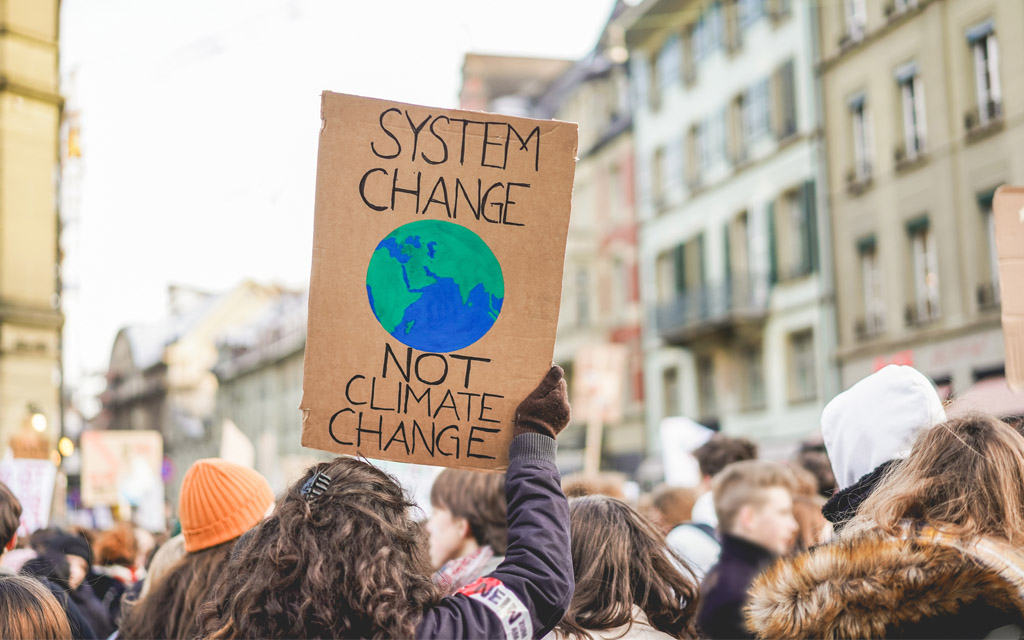Research Themes
Collective Social Futures is organised in to three broad thematic areas.
Explore CSF themes
Social Difference, Migration and Diversity
How can we best take account of and understand rapidly changing societal complexities? Addressing today’s societal challenges requires social scientific theories that can adequately grasp social complexity, from the rapid increase in complexity of global migrations and mobilities, the bordering/re-bordering of nation states, and the uneven impacts of environmental crises, to the complex power relations driving intersectional inequalities involving gender, class, race, age, dis/abilities and sexualities.
Democracy, Activism and Social Transformation
How can democracy and collective engagement be re-envisioned to achieve socially inclusive and ecologically sustainable transformation? Addressing societal and environmental challenges requires modes of governance that have the capacity to mobilise collectivities and solidarities, and to enhance democracy.
Working towards collective social futures requires knowledge generation from engagement through participatory governance, action research, activism, social movements, co-operative studies, creative and arts-based research praxis and policy-engaged research. Transdisciplinary research offers opportunities to explore innovative, creative, mobile and participatory approaches to re-envisioning democracy, activism and movements for co-created social change and just transitions.
Caring and Inclusive Relations
How can social relations be re-imagined in ways that are more caring and inclusive? Transdisciplinary engagement can enable the application of theories of care and interdependence to address a wide range of challenges, including health and care inequalities, environmental sustainability challenges, energy poverty, the digital divide, just transitions and the housing crisis.
Drawing on current thinking in global ethics of care, and grounded in recognition of society’s mutual interdependence, the CSF platform will explore how ideas of interdependence and care can be applied to addressing global crises that are characterised by neoliberal individualism and lack of care (for one another, for the public good, for the earth and for the environment).



